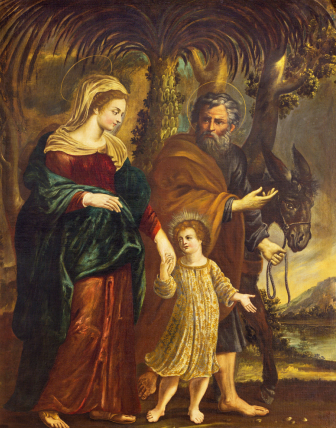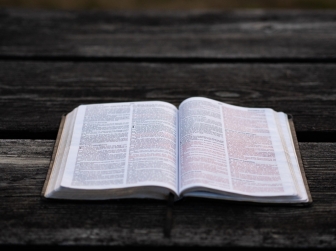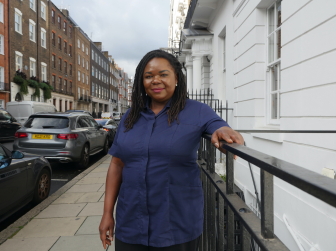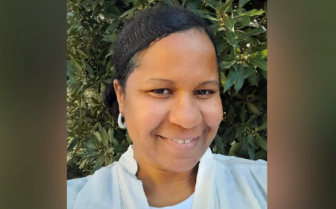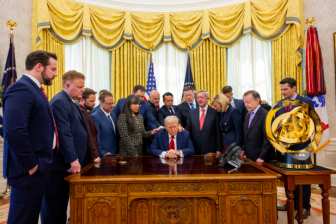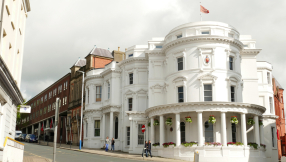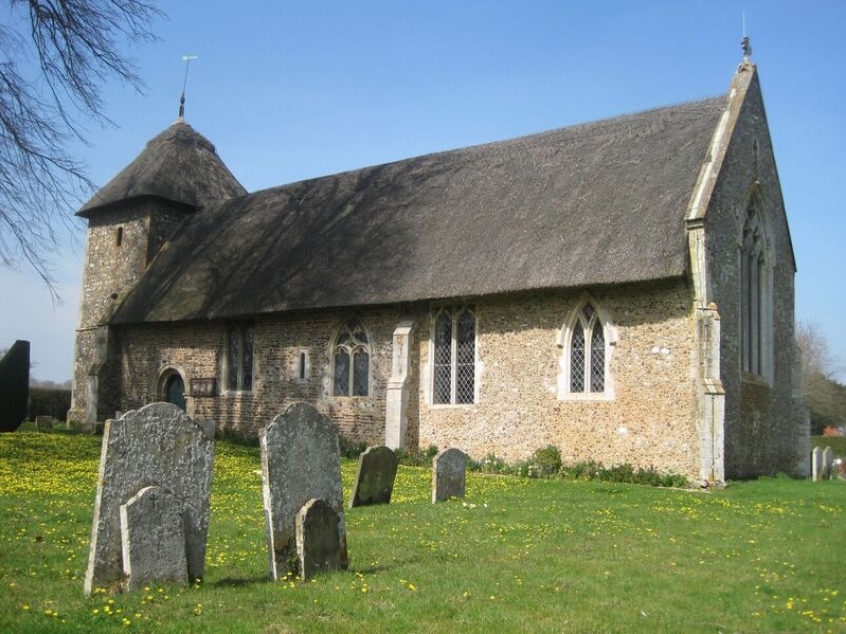
There will be no mass exodus of evangelicals from the Church of England, one of the country's leading evangelical Anglicans said today.
Lee Gatiss, director of the Church Society, wrote in his latest 'Topical Tuesday' column that many evangelicals view the current climate in the Church of England, and the battle over how far to go in accepting LGBT people, as comparable to Brexit.
He said they are asking: 'Where shall I go to church? Where shall I offer myself to serve in ministry? Is it time to leave the CofE?'
But it is not a straightforward question, binary question as Brexit was.
'Evangelicals will not en masse leave the CofE. There is no fabled blueprint or master plan for doing that. And there never has been,' he says, going on to criticise those calling most stridently for division.
'Interestingly, those who often seem to talk "toughest" on all this, cannot bring themselves to actually do it themselves. They are happy to urge others to leave but I've noticed some of the most strident advocates for leaving, on social media and elsewhere, are all still in Church of England parishes and vicarages and pension schemes.
'Though they try to push others into much more precarious family and financial and fellowship situations than they themselves happen to enjoy.'
He said Credible Bishops, a discussion document revealed exclusively by Christian Today, was a useful discussion paper by two individuals on an important subject which must be discussed. There was no vote on it at the conference. But he insisted it was not a widely accepted plan.
'Anglican evangelicals do not all agree on tactics or that the victory of the liberal agenda in the Church is inevitable and imminent as some say,' he added.
But doing the wrong thing can be worse than doing nothing. 'What we must try to do is the right thing.'
He noted that in 17th century many who left the Church of England ended up as Unitarians, especially those who were decidedly against systematic theology and wanted to only talk about and study the Bible.
In the 18th century, the Countess of Huntingdon's Connexion was detached.
In the 19th century the Free Church of England people began to leave.
In the 20th century the C of E (Continuing) was formed.
As for where they are all now, about 1,000 people meet each week in the Countess of Huntingdon's churches.
'Of those who left in the 19th century, the Free Church of England is still small.
'The Church of England (Continuing) may not continue for very much longer. It has four congregations (and two bishops) soldiering on with the King James Version and the 1662 Prayer Book alone.'
Secession is never easy, and such things need to be much more carefully thought through, he said.
'The vast majority of conservative evangelicals in the Church of England are not about to go anywhere, or do anything wild. They are united around the agenda of staying in and fighting on, for the glory of God and the good of England.'
He dismissed the Newcastle consecration as the work of a 'perplexingly idiosyncratic church' which has 'gone a bit rogue'.
But is own Church Society is the 'main game' in town.
'So today, we in Church Society reaffirm our commitment to working within the structures of the Church of England, for reform and renewal, and the re-evangelisation of our spiritually needy land,' he said.
'So either way, let's fight for Jesus in ways Jesus would approve. And Jesus's people will, we pray, see something attractive and worth being part of – for the glory of God and the good of his world.'
